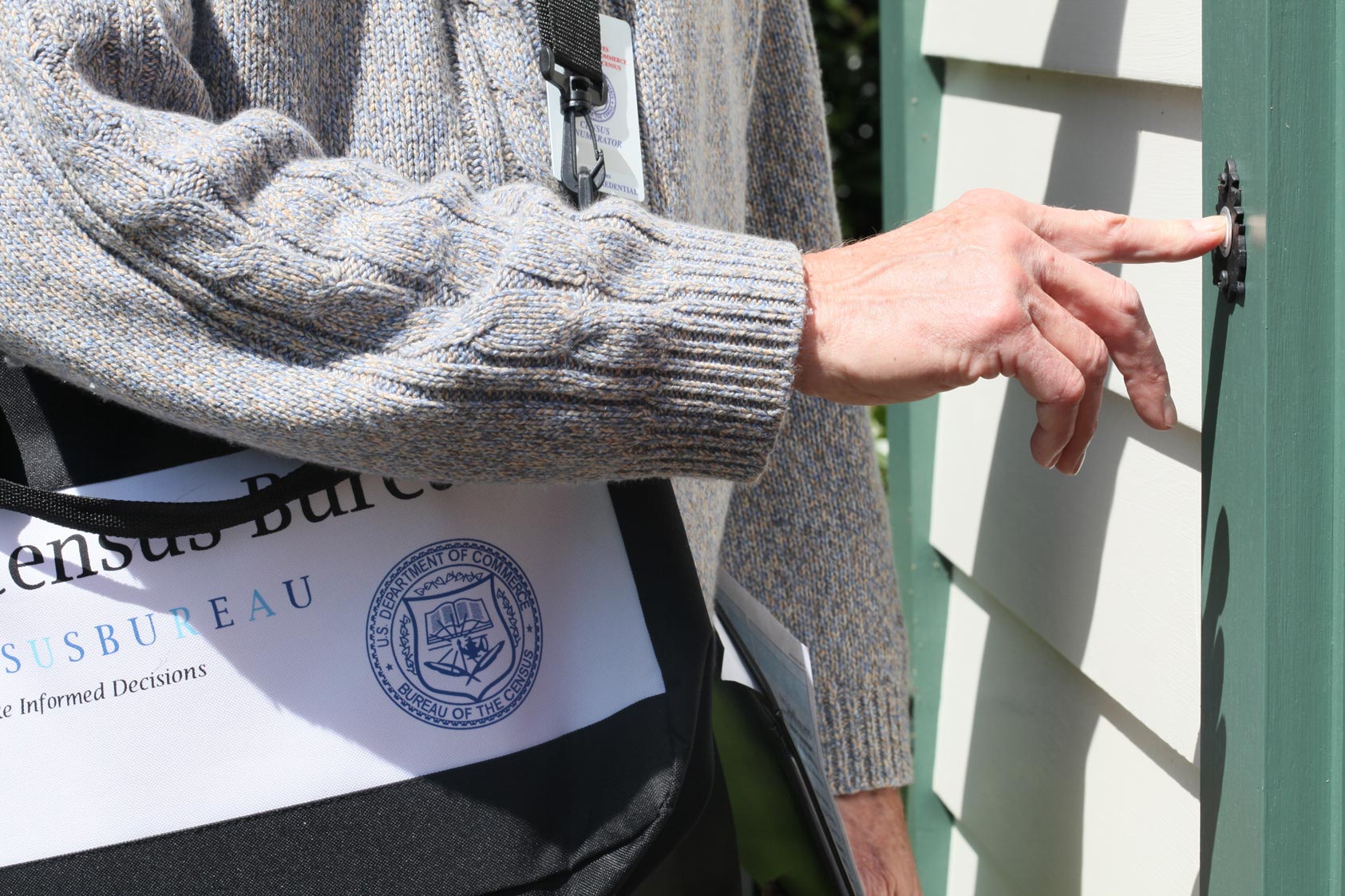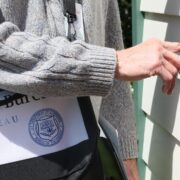
UNITED States residents who haven’t filled out their 2020 Census forms will have another month to do so after a federal judge stopped the decennial enumeration from ending on September 30.
U.S. District Judge Lucy H. Koh of the Northern District of California issued a preliminary injunction on Thursday, September 24 that said the U.S. Census Bureau must continue its outreach efforts through October 31 in order to have a more accurate count.
The head count of U.S. residents was slated to end in July, but due to the COVID-19 pandemic, the schedule was revised to lengthen the non-response follow-up period.
Despite the original plan to extend to October, the Trump administration in August subsequently announced that the timeline would be shortened to the end of September so that the bureau could deliver the results to the president by December 31.
Koh — agreeing with civil rights organizations and local governments like Los Angeles that filed a lawsuit against the Census Bureau and U.S. Department of Commerce — said that the current schedule would leave out many minority and hard-to-count communities that have yet to respond.
“An undercount in any locality matters greatly,” the judge wrote. “Even a small undercount of a subset of the hard to count population would result in the loss of federal funding.”
The once-a-decade enumeration — which can be done by phone (844-330-2020 for English), returning the mailed form, or heading online (my2020census.gov) — measures where individuals live as of April 1, 2020. That includes young children and infants, roommates, and family members or friends staying at the household, even if temporarily.
In addition to English and Spanish, completing the census online or by phone can be done in 11 other languages, including Tagalog (844-478-2020).
“The court in its ruling made clear that the administration had failed to provide any legitimate reason for cutting back on what the Census Bureau’s staff experts had wanted just months ago,” Los Angeles City Attorney Mike Feuer said in a press conference on Friday, Sept. 25.
He added that the city joined the lawsuit because “the stakes are so high for us.”
The results guide how over $1.5 trillion in federal funding will be allocated to states annually for resources, such as schools, health programs, and infrastructure projects. The data also determines the number of seats each state gets in the House of Representatives and the redrawing of legislative districts.
The self-response rate in California is at 68.8%, as of this writing. Meanwhile, the city of Los Angeles has been falling behind at around 56.6% in mid-September.
“LA historically has been a hard-to-count location. With so much on the line, I urge everyone to take the few minutes necessary to be counted in the census,” Feuer said. He added that the extended outreach efforts would allow more residents the opportunity to be counted.
The Justice Department on Friday said it would appeal the order to the 9th U.S. Circuit Court of Appeals.
Officials and organizations remind community members that the census does not ask for citizenship status, financial income or social security number. The information collected will also not be shared with other government agencies.
Census takers will continue going door-to-door to households that have not responded. They can be identified with a valid government ID badge.
“Another big barrier is just people not knowing that it is completely confidential. All information that is provided to the Census Bureau is protected under Title 13. All of our census staffers out in the field, whether they’re knocking on doors or on-site in front of supermarkets, take an oath to protect that information,” said Ivy Daulo, partnership specialist for the Census Bureau in the LA region, previously told the Asian Journal.







